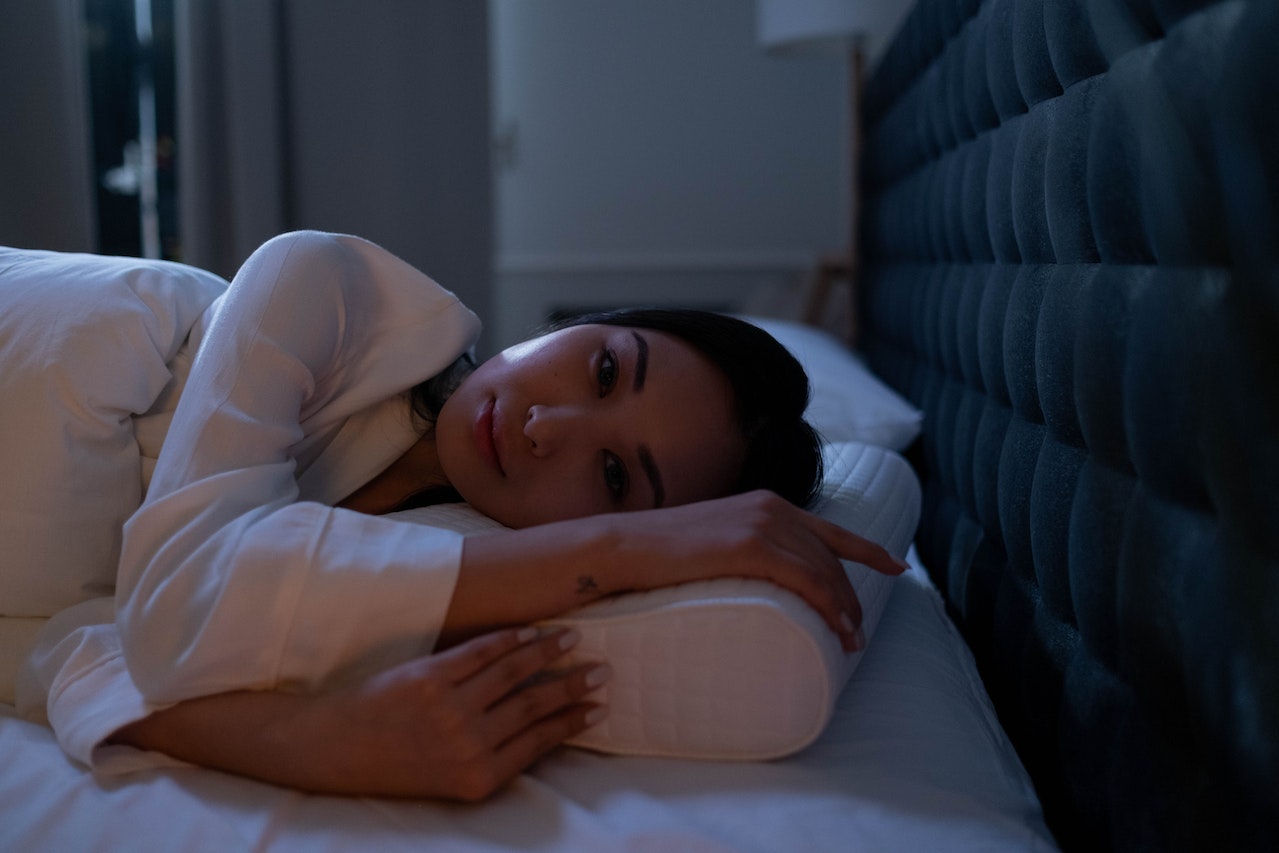Why do we sleep? I mean, really, haven’t we as a species evolved enough to kick this habit to the curb? We’ve put men on the moon, invented smartphones that can calculate the square root of 9736 in a split second, and yet we still can’t outsmart our own need for unconscious drooling on a nightly basis. Simply preposterous.
Sleep. The absurd, time-consuming, inherently unproductive act of lying down, closing our eyes, and temporarily departing the land of the living. Yeah, let’s call it what it is: practice for being dead. For something that sounds so grim, why does it feel so darn good?
We spend about a third of our lives wrapped up in this ludicrous act. That’s like spending 30 years of your life engaged in an epic staring contest with the back of your eyelids. Or better yet, like taking a six to nine-hour trip to the land of snore-and-ignore, each and every day. Because, who needs productivity when you can have horizontal life pausing, right?
Oh, and let’s talk about dreams. Our minds’ whimsical little way of creating fantastical narratives that usually make as much sense as a reality TV show. “Hey there, buddy. You’ve been working hard all day. Let me reward you with the nonsensical image of a zebra eating spaghetti on the moon.” Or, my favorite: “It’s your high school exam day! Except you’re an adult, and you’re naked. Enjoy!”
But hold on a minute. Let’s hear out the ‘science’ behind this fascinating phenomenon, shall we?
Science says sleep is for our good. Without it, we’d be less healthy, more stupid, and more grumpy. Apparently, it helps us remember things, grow, and repair our bodies. In essence, our bodies enter a semi-comatose state for hours on end just so we don’t devolve into irritable, forgetful half-zombies. So, we’ve essentially evolved into beings that need to turn themselves off and then on again, like a glitchy laptop that needs a restart. Great.
As you can see, the science is straightforward, really. During sleep, the body apparently thinks it’s time for Spring cleaning. Brain cells shrink, making it easier for the brain’s janitors, the glial cells, to take out the trash. Or, in technical terms, it removes neurotoxic waste that accumulates while we’re awake. Of course, no one bothered to ask us if we actually wanted our brain to turn into a neurological dumpster.
And, hey, if we don’t sleep? Our brain plays a fun little game called ‘How Many Hallucinations Can You Have in an Hour?’ In fact, studies show that after about 24 hours of sleep deprivation, even the simple act of staying awake can become an uphill battle against microsleeps. These are fun, tiny naps that your brain decides to take regardless of what you’re doing. Like driving. Or holding a baby. Or operating heavy machinery.
All in all, it seems like we’ve drawn the short end of the evolutionary straw. Dolphins sleep with half their brain awake so they can come up for air. Bats sleep up to 20 hours a day, and nobody calls them lazy. Meanwhile, we’re stuck in the middle, bumbling about, losing one-third of our lives to an unconscious state because we’ve not figured out a more efficient system yet.
In summary, despite the fact that it’s 2023 and we can communicate instantaneously with someone halfway across the globe, we’re still beholden to an archaic biological necessity that we share with sloths. Yes, sloths — the creatures who can’t even be bothered to change their facial expression.
Until the time we engineer ourselves out of this snooze-fest, I guess we’re stuck in this odd dance with our pillows. So, off you go now, close your eyes, lay your head down and take a well-deserved trip to the nonsensical dreamland. Because, who would want to confront the stressful realities of the waking world when you could be dreaming about riding a roller-coaster made of marshmallows with a three-headed dog named Bob?



